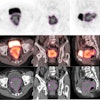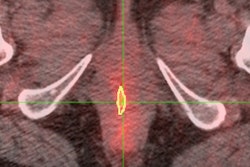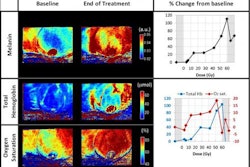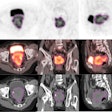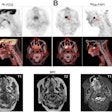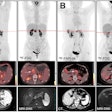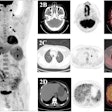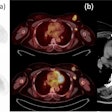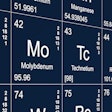The American Society for Radiation Oncology (ASTRO) issued a new clinical guideline for managing oropharyngeal cancer in the society's clinical practice journal, Practical Radiation Oncology.
The guideline addresses the use of radiation therapy to treat tumors of the oropharynx. It covers optimal radiation dose and fractionation schedules, the integration of chemotherapy with radiotherapy, and the role of induction chemotherapy.
The guideline recommends adding chemotherapy to radiotherapy for oropharyngeal cancer for patients with stage IV disease or stage III disease with large-volume tumors, but not for patients with stage I-II disease.
The guideline also provides guidance for the use of radiation and chemoradiation following primary surgery for oropharyngeal cancer. Adjuvant radiotherapy is recommended for patients who show pathologic risk factors for disease recurrence, such as positive surgical margins or positive lymph nodes following surgery, although concurrent chemoradiation is strongly recommended only for high-risk patients.
The guideline also outlines optimal dosing and fractionation schedules based on treatment approach, disease profile, and risk of recurrence. Some recommendations by treatment setting are as follows:
- Definitive radiotherapy: Patients with stage III-IV oropharyngeal cancer should receive a cumulative dose of 70 Gy delivered to the primary tumor site and positive nodes in 2-Gy daily fractions over seven weeks, as well as an equivalent dose of 50 Gy delivered in 2-Gy daily fractions to the surrounding region at risk for tumor spread. For stage IV A-B patients not receiving concurrent systemic therapy, altered fractionation schedules (either accelerated or hyperfractionated) are recommended.
- Postsurgical/adjuvant radiotherapy: Postoperative patients at high risk for recurrence should receive a total dose of 60 Gy to 66 Gy delivered to the positive margins and region of extranodal extension in 2-Gy daily fractions. High-risk patients not undergoing concurrent systemic therapy should receive the upper limit of this range, while the 60-Gy total dose is recommended for patients with negative margins following surgery.
The guideline has been endorsed by the European Society for Radiotherapy and Oncology (ESTRO) and the American Society of Clinical Oncology (ASCO).



